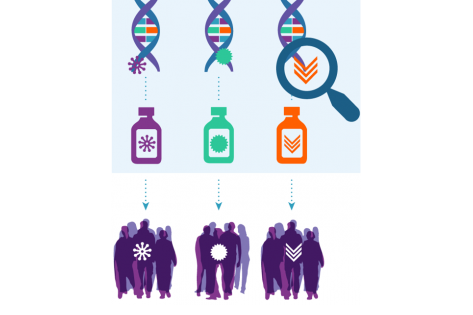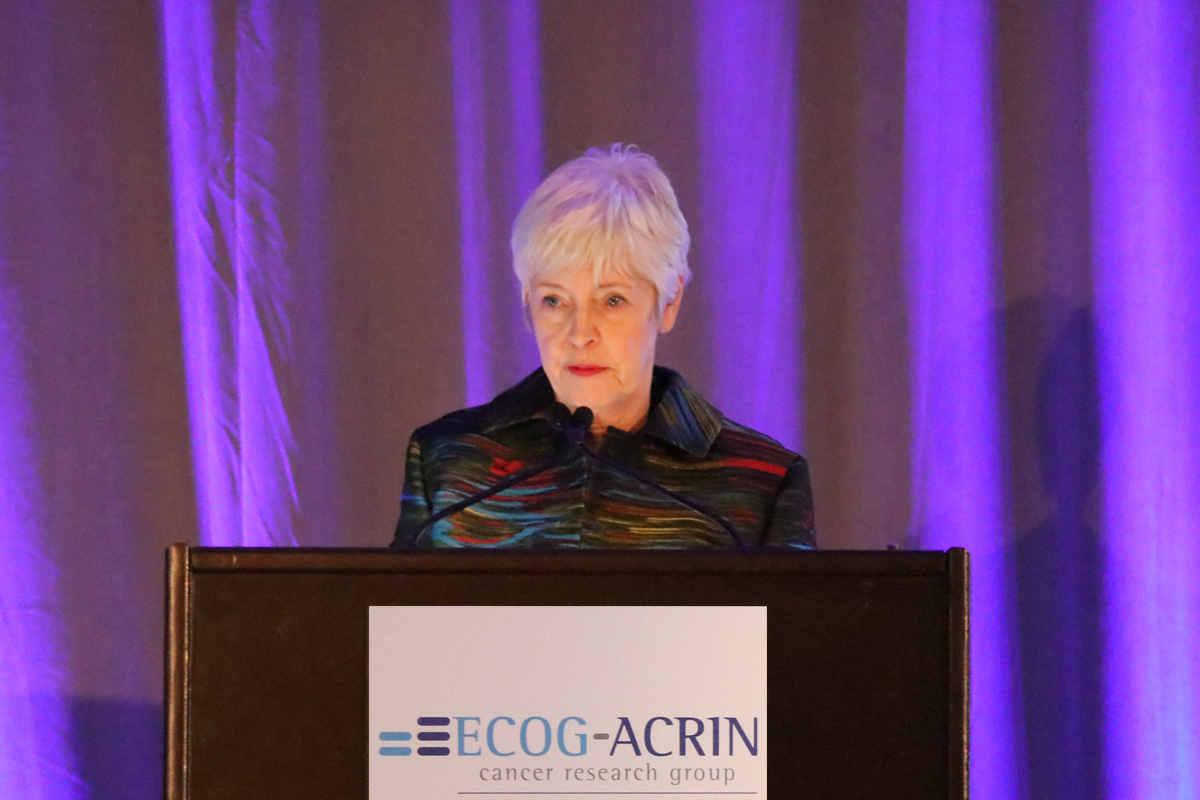
Ongoing Trial: For patients with advanced or rare cancers, NCI-MATCH may offer a treatment option
June 24, 2021
Advocacy and the NCI’s National Clinical Trials Network
June 24, 2021Now Enrolling: Clinical trial EA8184 is exploring if green tea extract pills can help reduce the progression of prostate cancer

Though it may sound counterintuitive, sometimes the best approach for managing cancer is no immediate treatment. This is because certain types, like early-stage, low-grade prostate cancer, are so slow-growing, they do not warrant immediate or aggressive treatment. Instead, doctors recommend a strategy called active surveillance, in which a patient regularly visits their doctor to monitor their cancer. The doctor may perform exams, biopsies, or other tests to check that the cancer has not grown. Active surveillance finds growing cancers that require treatment. At the same time, it allows patients with no cancer growth to avoid unnecessary treatment—and related side effects.
Typically, men on active surveillance for prostate cancer are highly motivated to make lifestyle changes to further reduce the risk of their cancer progressing. If their cancer does not progress, they are less likely to eventually need treatment, like chemotherapy. The EA8184 clinical trial is studying the effects of one such lifestyle change: daily green tea extract pills. Antioxidants found in green tea, called green tea catechins (GTCs), may prevent the growth of prostate cancer. Researchers think—but do not yet know for certain—that men who consume GTC pills daily for six months may have fewer signs that their cancer is progressing than those who do not.
In Asian countries, where tea is extensively consumed as a beverage, the death rates from prostate cancer are among the lowest in the world. This and other observations led researchers to study GTCs in pill form in small groups of men with early prostate cancer. So far, trials have demonstrated GTC pills to be associated with reduced tumor size and a decrease in prostate-specific antigen (PSA), a protein found in the blood. A rising PSA level is a signal of progression in men with prostate cancer.
Randomized clinical trials on the effects and safety of GTC pills are needed before a recommendation for their use in prostate cancer prevention can be made. EA8184 is a randomized phase II trial for 360 men in the US. If successful, it will provide positive data for further study of GTC pills in a large randomized phase III trial.
For this study, men on active surveillance for prostate cancer will be assigned randomly to either get the study drug (GTC pills) or a placebo for up to six months. The placebo pills look like the study drug but contain no medication. The use of placebos in clinical trials helps prevent bias. Placebos are never used in place of cancer treatment.
At the end of treatment, researchers will compare tissue from each participant’s initial prostate biopsy with tissue from their next routine biopsy to see if the cancer has grown. No extra biopsies are needed specifically for the study. All participants will be followed for six months after treatment ends.
To be eligible for the study, patients must have low-risk prostate cancer proven by biopsy, and be on active surveillance. Their initial biopsy must have taken place within six to 18 months prior to enrolling in the study.
This study is led by Nagi Kumar, PhD, RD, FADA of Moffitt Cancer Center.
Learn more about the EA8184 study at ecog-acrin.org.

